Constantine presides over the Council of Nicaea (Website Photo)
The year 2025 marks a significant milestone in Christianity as it commemorates the 1,700th anniversary of the Council of Nicaea, the first ecumenical council convened in 325 AD. This gathering holds profound historical importance as it gave rise to the Nicene Creed, a theological cornerstone that has shaped the beliefs of both Catholic and Protestant denominations.
The Nicene Creed of 325 played a crucial role in addressing and resolving early controversies surrounding the nature of Christ while fostering a non-hierarchical understanding of divinity. By articulating a shared affirmation of faith, the creed promoted unity among diverse Christian communities and established foundational doctrines that transcended individual interpretations. However, this creed did not end theological debate; it was further refined at the Council of Constantinople in 381 and has since undergone numerous rearticulations and translations throughout the history of the church.
Through its declaration, the Nicene Creed enabled the church to acknowledge the continual and ever-vibrant action of God in the world—the dynamic process of redemption ushered in by Christ's death and resurrection, the transformative presence of the Holy Spirit, and the anticipated arrival of God's kingdom as manifested through the life and testimony of the church. Importantly, the creed serves as a means for the church to reconnect with its foundational faith memory, a vital reservoir of belief that shapes its identity and mission.
The historical context of the Council of Nicaea—shaped by imperial influence, a surge of apologetic responses in a politically dominated religious environment, and its repercussions on later ecclesiastical divisions—calls for a careful reexamination of the Nicene Creed. This is especially important in the contemporary landscape, which is characterized by diverse religious and cultural expressions. The influence of imperial governance on church administration since the era of Constantine is evident in the church's liturgy and theology, raising critical concerns. As scholar Colby Dickinson points out, there is an urgent need for a messianic reevaluation of canonical traditions, doctrines, dogmas, scriptures, and creeds in order to foster a continually renewing church (Between the Canon and the Messiah: The Structure of Faith in Contemporary Continental Thought, London: Bloomsbury, 2013).
The Nicene Creed is more than just a canonical statement of faith; it serves as a living document through which the church continually seeks new insights and deeper meanings into its faith and practices, especially in the face of neocapitalism and neofascism. When faith becomes dogmatized and idolized, it can result in a rigid institutionalization of the church that stifles its transformative potential. Therefore, as the church embraces this pivotal moment of reaffirmation, it has a crucial opportunity to reexamine its hierarchical structure, reaffirm its commitment to a cruciform way of life, and engage in a public Eucharistic witness that reflects its dedication to a “coming community”—a messianic community that includes those who have no community at all.
Y.T. Vinayaraj
Become a member
Get the latest news right in your inbox. We never spam!

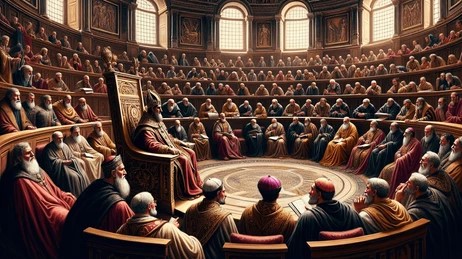
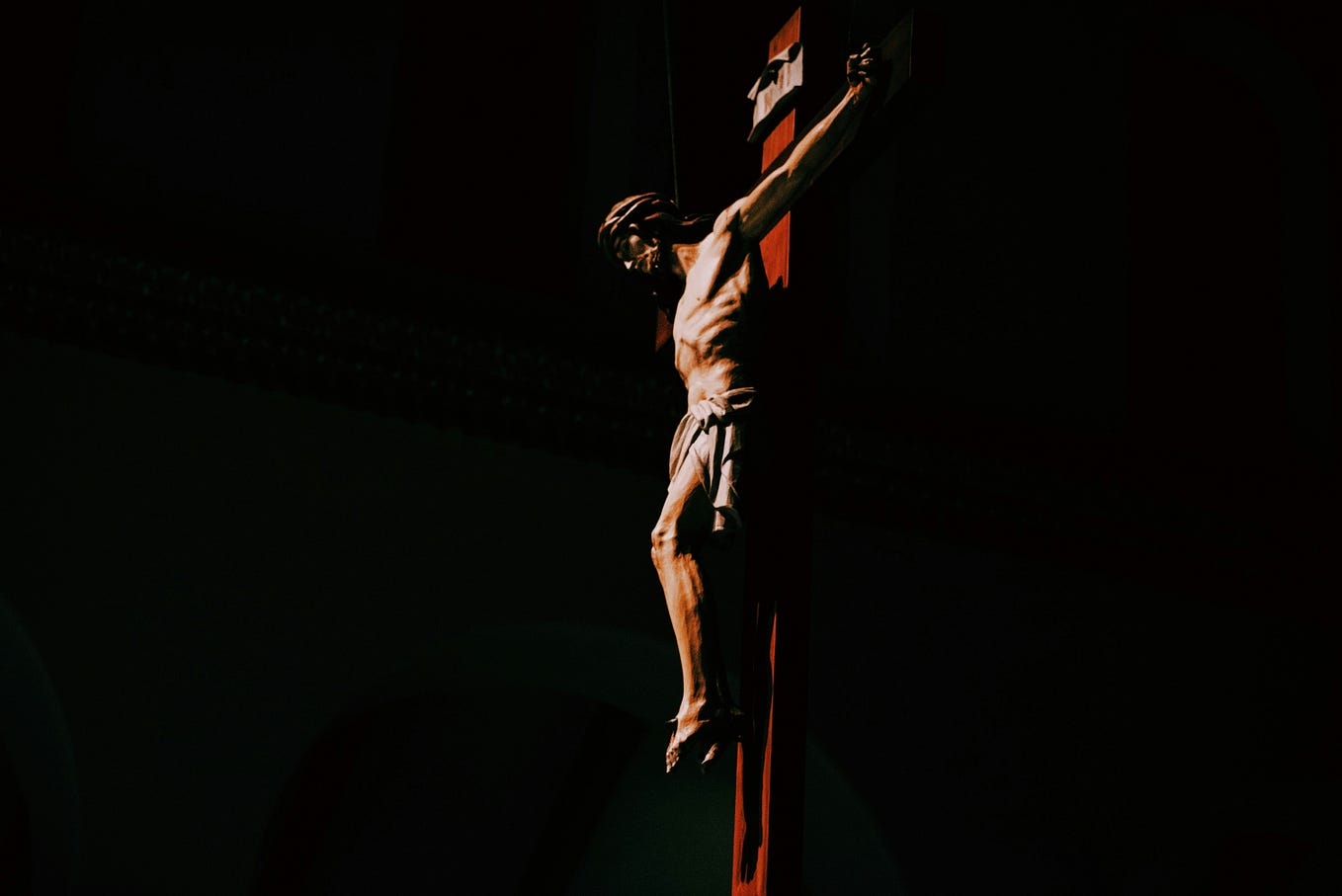
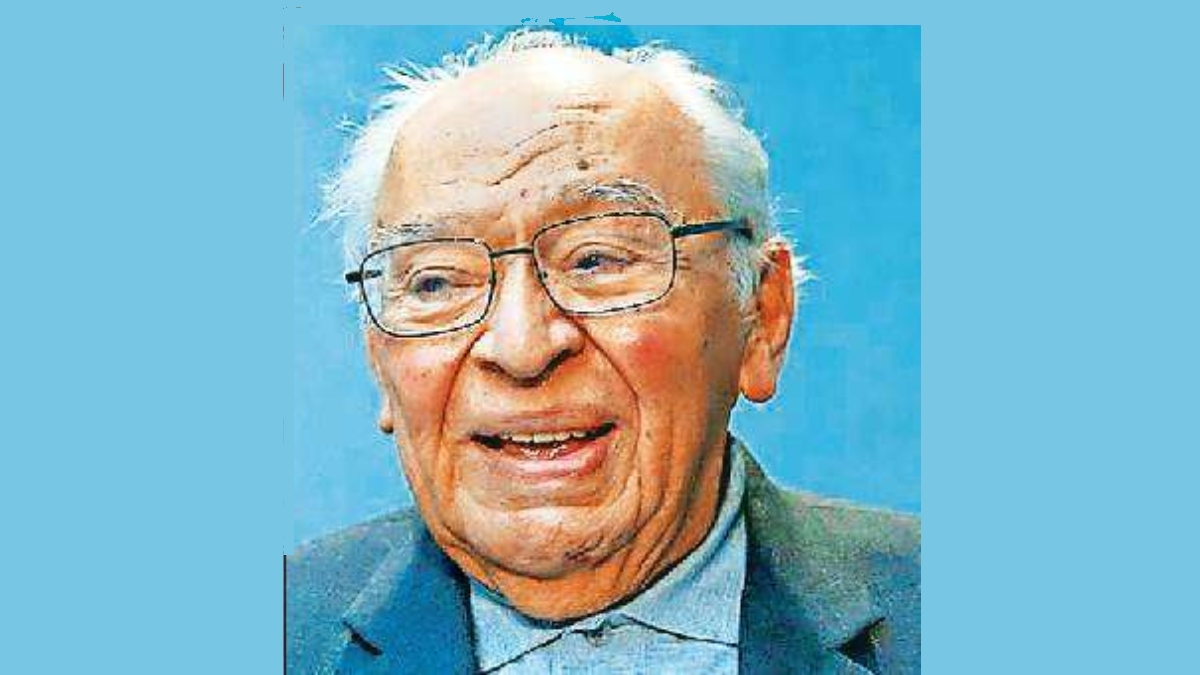
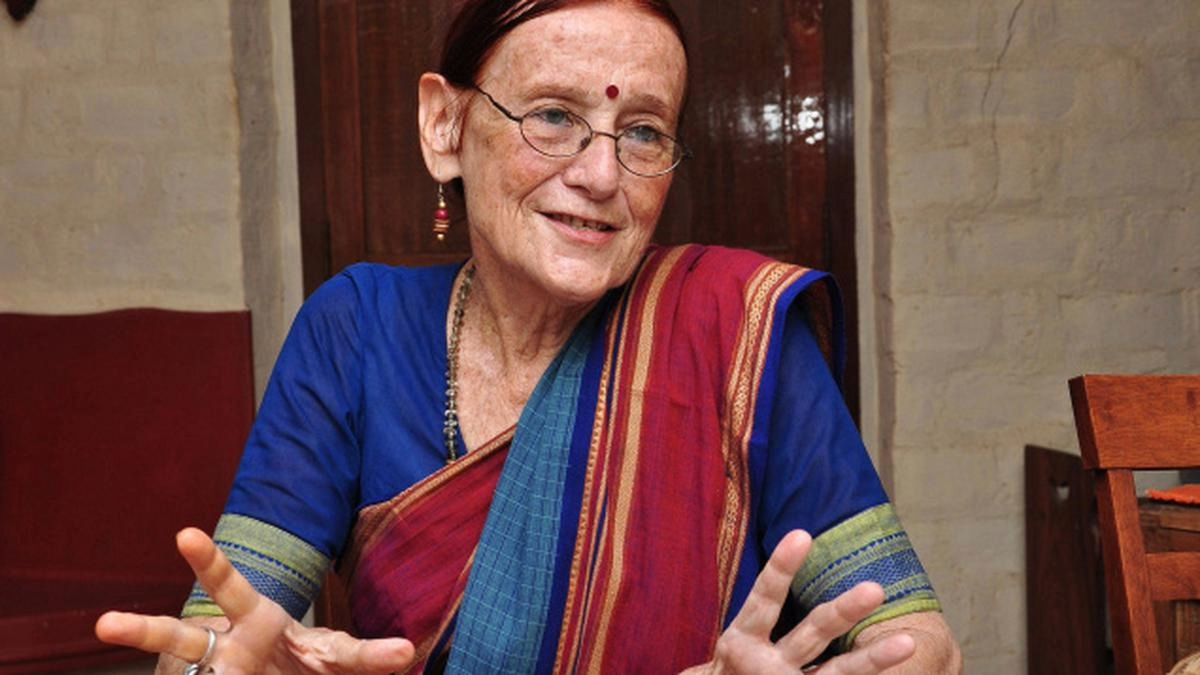

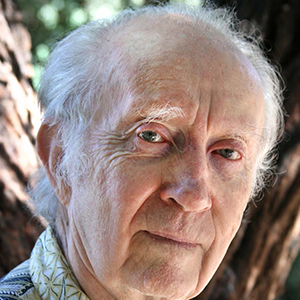

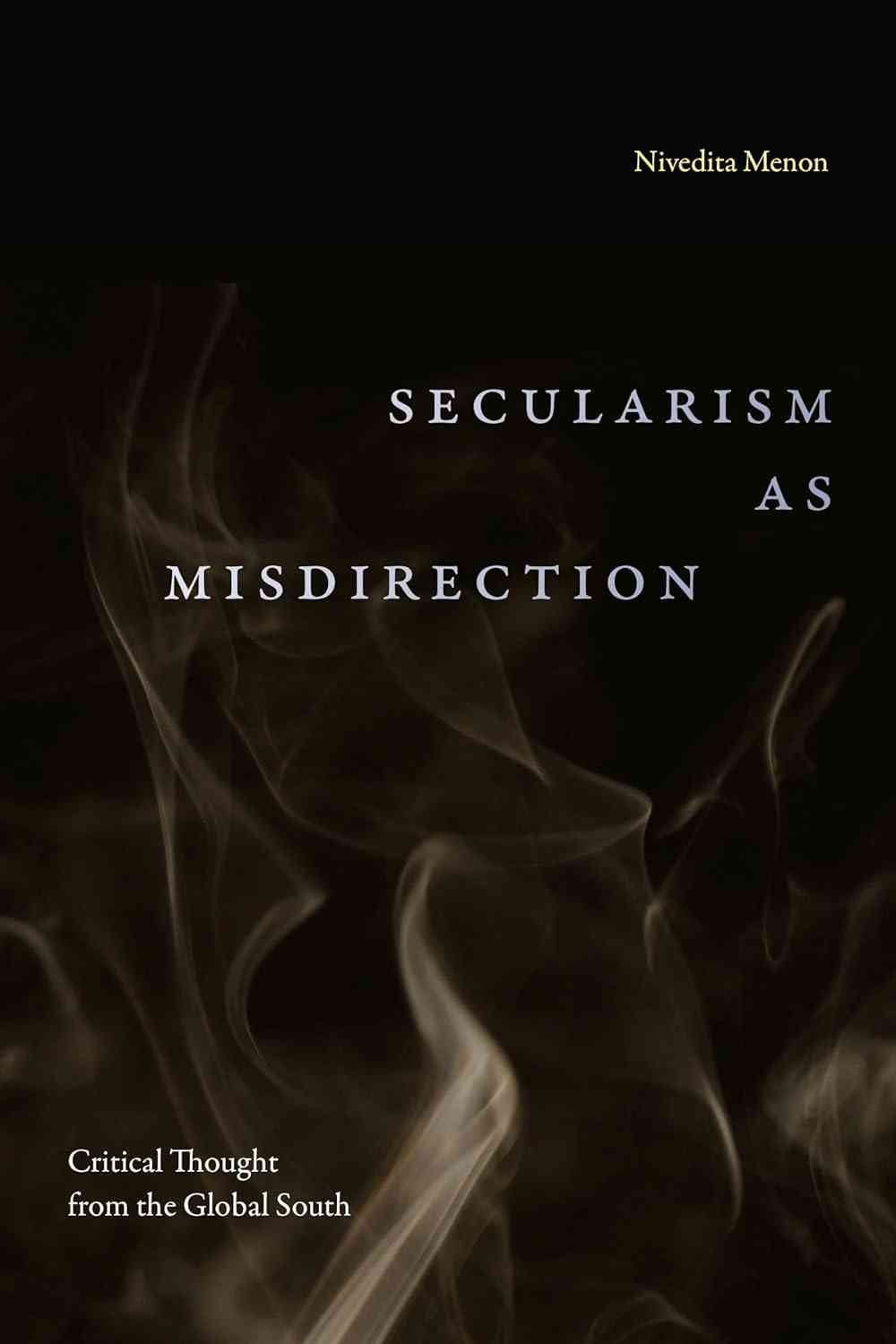

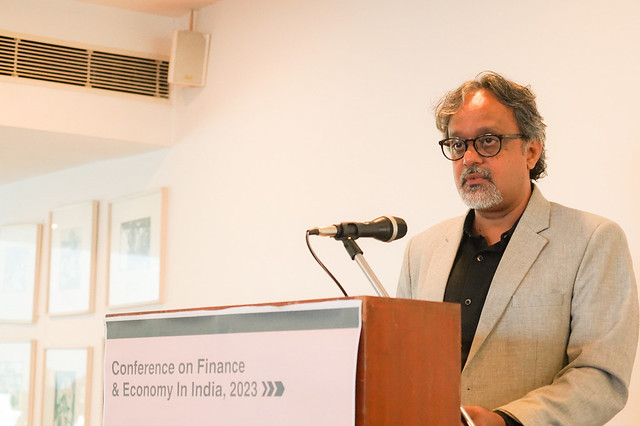

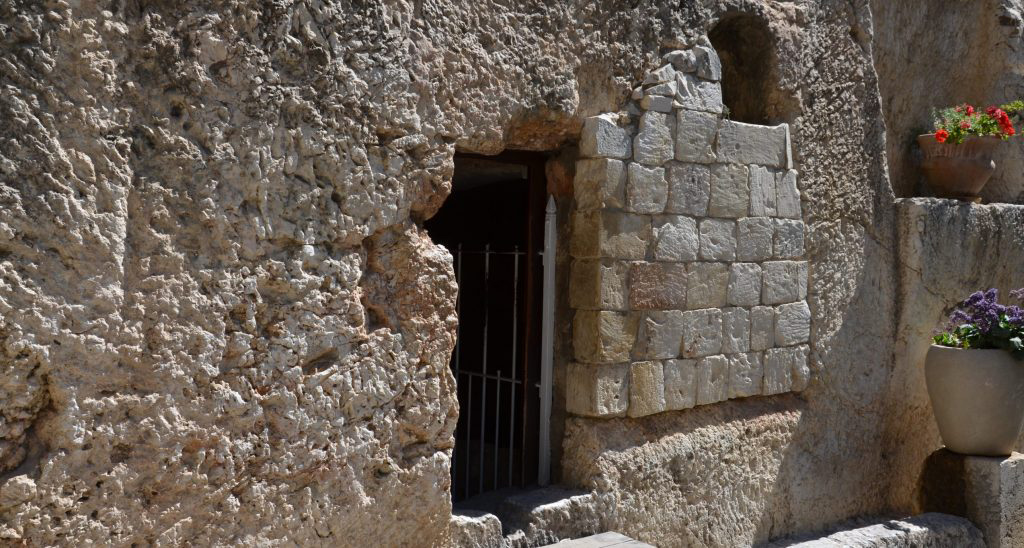
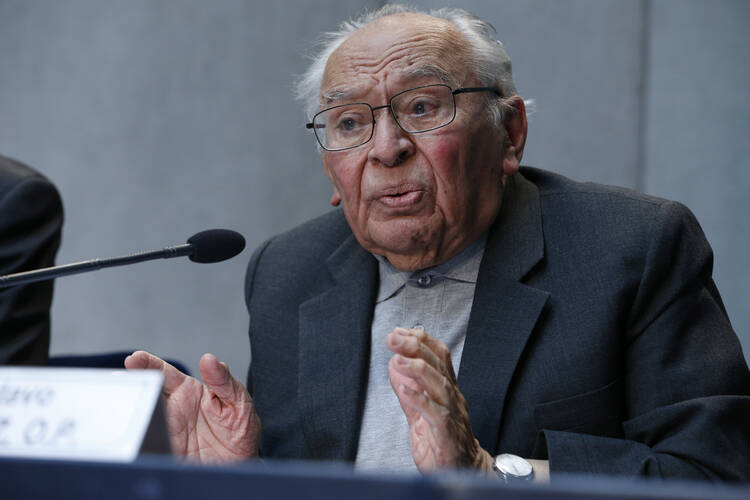

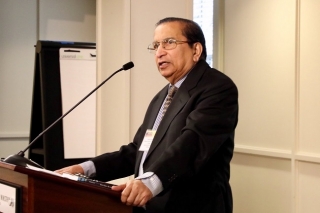
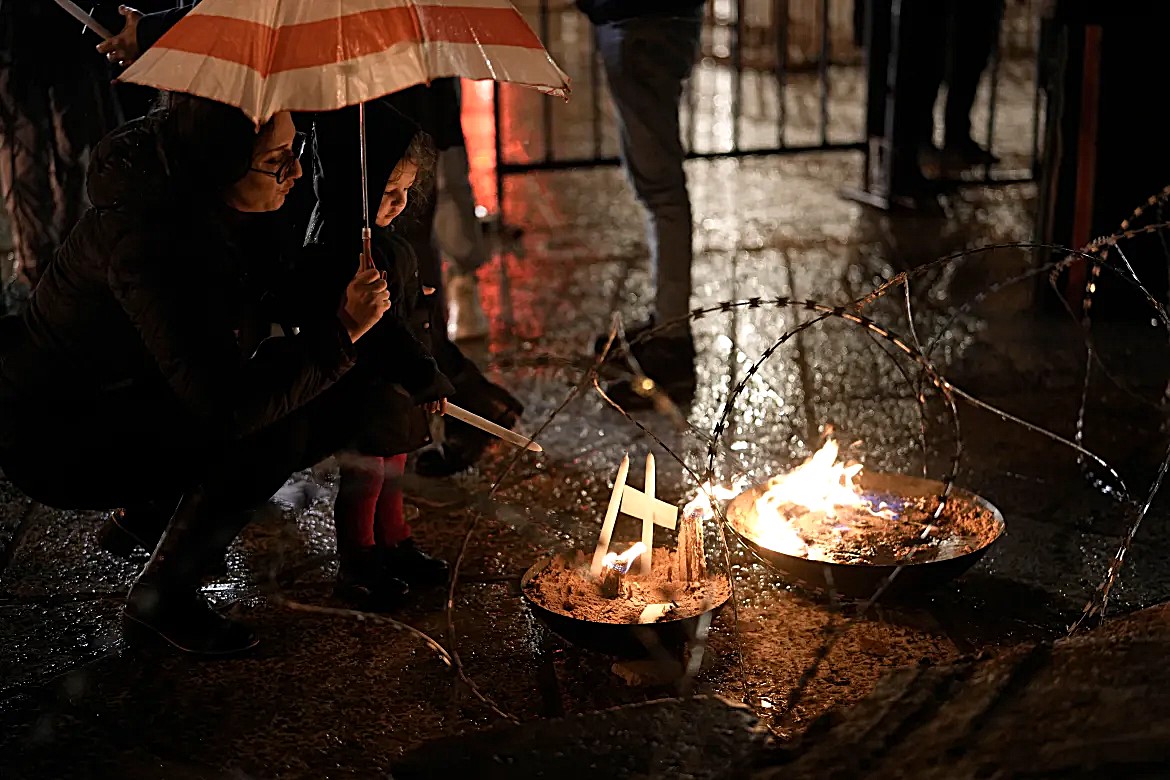

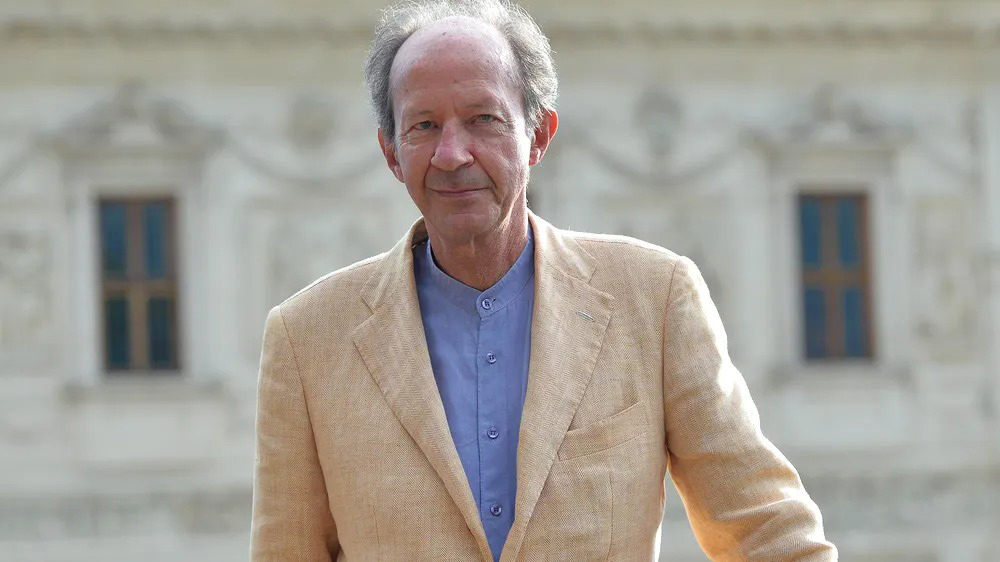

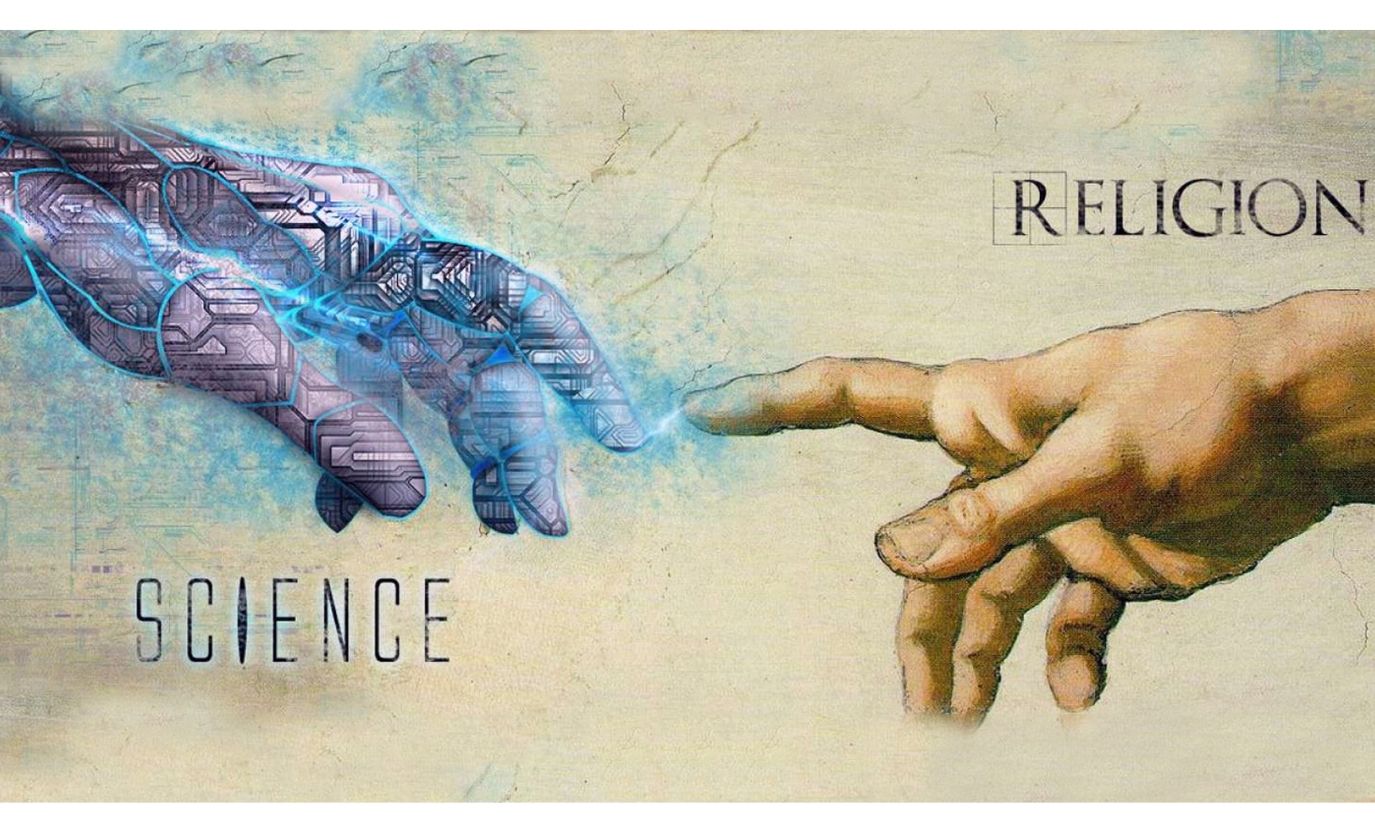
Comments
No Comments